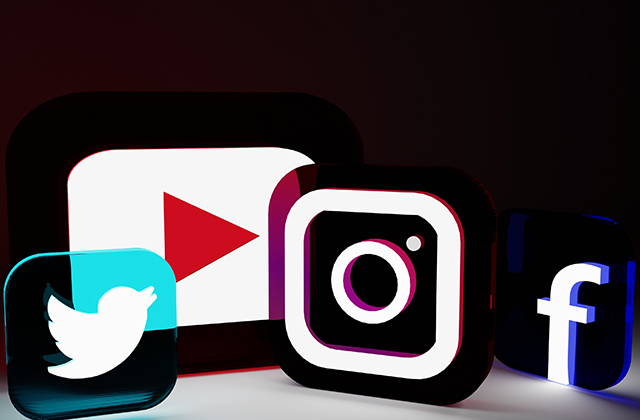Social media influencers are everywhere. Take a look at your own personal social media accounts for a minute. Chances are, you know someone who is building a personal brand or has become an authority in a particular industry based on their reputation as an expert within the space. Social media agency also contact influencer to add reputation to your brand.
For a successful marketing campaign, you need to find a way to reach the right audience for your business. That’s what makes social media influencers a powerful way to connect with customers.
But just as there are benefits, hiring influencers poses some risks too. It’s important to understand both sides of the coin so that you can decide whether influencer marketing is right for your business.
What Is an Influencer?
An influencer is someone with a large following on social media who discusses topics or products relevant to your audience. Brands pay influencers to create content that promotes their products or services. The influencer will typically share behind-the-scenes photos, videos and written posts talking about your company or its products. The idea is that their followers will see the posts and want to buy from you as well.
What Are the Pros of Influencer Marketing?
The top benefits of using social media influencers include:
Reaching the Right Audience: If you’re struggling to find customers on social media, an influencer can help you connect with them because they already have a relationship with people interested in your industry.
The best way to work with an influencer is to treat them like a partner. Don’t be afraid to offer incentives, especially if they are going out of their way to be helpful. Whether it’s free products, money or exclusive access to other influencers, people will be more inclined to help you if there’s something in it for them.
If you want to pay an influencer, the best way to do it is with a commission-based system. This means that you agree on a percentage of each sale that goes directly to the influencer in exchange for their marketing efforts.
This method allows both parties to mutually benefit from each other’s efforts, as well as eliminating any possible concerns regarding tax implications or invoicing with payment.
In the past few years, social media influencers have become a go-to marketing tool for brands big and small. Social media influencer campaigns can be a cost-effective way to market products, build brand awareness and increase sales. However, there are certain pros and cons of influencer marketing to consider before jumping on this ever-growing bandwagon.
Pro: Brand recognition
Social media influencers are people who have a large following on social media channels like Facebook, Instagram and Twitter. These followers trust their opinion, making their recommendations more credible than advertisements or even direct product reviews. Because of this relationship with their followers, they’re able to drive greater brand awareness among targeted audiences.
Con: Difficult to track ROI
Most social media platforms do not allow users to track conversions from influencer posts. The hashtags used in posts may have limited tracking capabilities that can help you see how much traffic has been driven from your campaign; however, it’s difficult to determine if those visits ultimately led to sales.
Pro: Large reach
Social media influencers have large followings because they have built credibility with their audiences through the content they share on their channels. Their large reach opens up your brand to an audience that you may not already be reaching.
